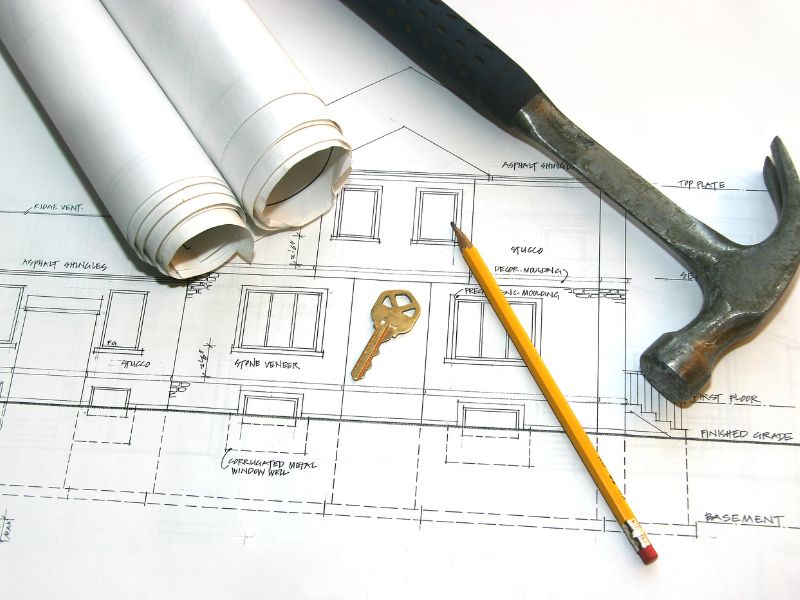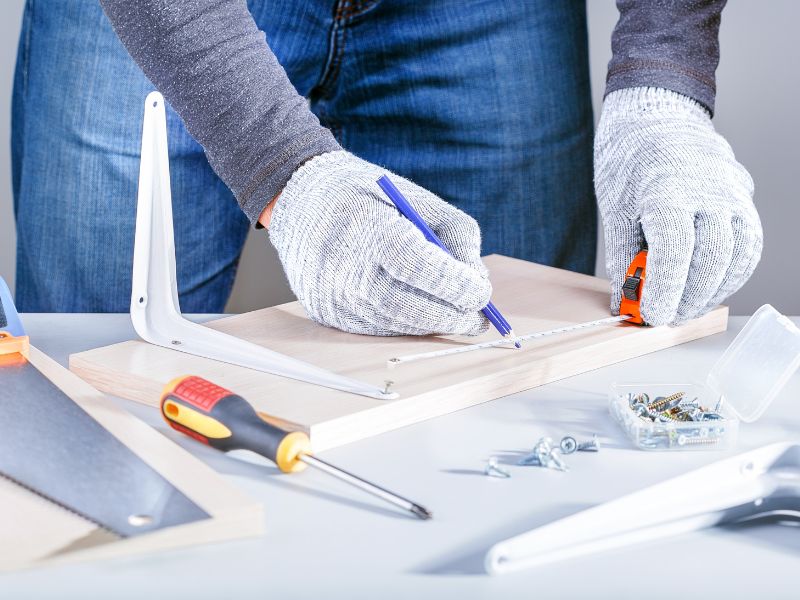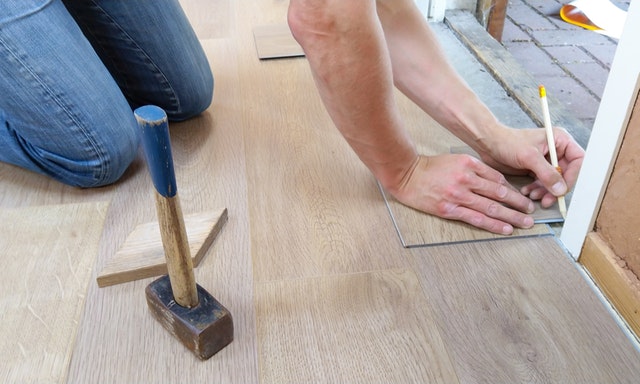Exploring Home Improvement Loans
 Want to upgrade your home but short on cash? Home improvement loans can help! They’re like a financial boost for fixing up your place without draining your savings. But with so many options, how do you pick the right one? Let’s review the options.
Want to upgrade your home but short on cash? Home improvement loans can help! They’re like a financial boost for fixing up your place without draining your savings. But with so many options, how do you pick the right one? Let’s review the options.
Home improvement loans are like a cash lifeline for home projects. Unlike some loans, they don’t need your home as collateral. You get the money upfront and pay it back over time.
What’s the difference between home improvement and renovation loans? Improvement loans are more flexible and cover various projects, like a new roof or landscaping. Renovation loans may have specific rules, like for kitchen or bathroom remodels.
Once you’re approved for a loan, the lender gives you the money in one go. You start paying it back right away, usually every month. The interest rate depends on your credit score and other factors.
Interest rates for these loans can vary a lot, usually between 5% and 36%. Your credit score will make a large impact. Some lenders give discounts if you pay automatically, and you can check your likely interest rate without hurting your credit score.
Here are the main types of home improvement loans:
Home Equity Loan: Good for big projects. You borrow money against your home’s value but watch out for extra fees.
HELOC (Home Equity Line of Credit): Like a credit card, it lets you borrow as you need.
Cash-out Refinance: You get a new, bigger mortgage and cash in hand.
FHA 203(k) Rehab Loan: Great for buying homes that need fixing up.
Unsecured Personal Loan: Quick cash without using your home as collateral.
In short, home improvement loans can make your renovation dreams come true. Whether you’re thinking of solar panels or a new bedroom, there’s a loan that fits. Just read the fine print and choose wisely and always use a trusted mortgage professional to help guide you.

 Many homeowners seek to enhance their living spaces while adding value to their properties. However, numerous home improvement initiatives often come with exorbitant price tags, reaching six figures for extensive renovation projects. Nonetheless, there exist cost-effective alternatives that homeowners can explore.
Many homeowners seek to enhance their living spaces while adding value to their properties. However, numerous home improvement initiatives often come with exorbitant price tags, reaching six figures for extensive renovation projects. Nonetheless, there exist cost-effective alternatives that homeowners can explore. When it comes to home improvements, many homeowners are opting for the do-it-yourself (DIY) approach. DIY home improvements not only allow you to save money but also provide a sense of accomplishment and personalization. Whether you’re fixing a leaky faucet or renovating an entire room, taking on home improvement projects can have numerous benefits that extend beyond physical transformation.
When it comes to home improvements, many homeowners are opting for the do-it-yourself (DIY) approach. DIY home improvements not only allow you to save money but also provide a sense of accomplishment and personalization. Whether you’re fixing a leaky faucet or renovating an entire room, taking on home improvement projects can have numerous benefits that extend beyond physical transformation. In an era where environmental consciousness and cost savings are top priorities for homeowners, smart home technology has emerged as a game-changer. With the ability to automate and optimize various aspects of your home, smart home upgrades offer numerous benefits, including energy efficiency and reduced utility bills.
In an era where environmental consciousness and cost savings are top priorities for homeowners, smart home technology has emerged as a game-changer. With the ability to automate and optimize various aspects of your home, smart home upgrades offer numerous benefits, including energy efficiency and reduced utility bills. If you are looking for a way to save money on the purchase of your next home, you might be thinking about buying a property that requires repairs. Keep in mind that you will not be able to move into this property right away, so is it the best option? You could open the door to unique financing options that could make it easier for you to purchase your next property.
If you are looking for a way to save money on the purchase of your next home, you might be thinking about buying a property that requires repairs. Keep in mind that you will not be able to move into this property right away, so is it the best option? You could open the door to unique financing options that could make it easier for you to purchase your next property.